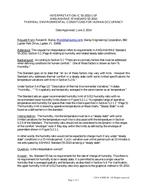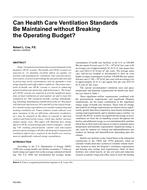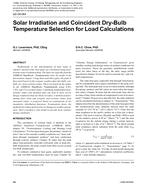Thirty-one isolates of the genus Stachybotrys from indoor and outdoor environments were analyzed for presence of trichodiene synthase gene (Tri5), production of trichoth-ecenes, boar sperm cell motility inhibition, and randomly amplified polymorphic DNA banding patterns (RAPDs). Stachybotrys chartarum isolates (n = 22) possessing the Tri5 gene (encodes the trichodiene synthase enzyme needed at the early steps of trichothecene synthesis) had similar RAPD fingerprints to each other, and 16 of these isolates contained satratoxins or trichodermol. Nine S. chartarum isolates, which were negative for Tri5 gene and trichothecenes, were less than 50% similar to the Tri5 positive group in RAPD fingerprints, but similar to each other. Nineteen of the isolates inhibited sperm motility at the level of EC 50 < 60 µg of crude extract mL -1 . Toxicity observed by inhibition of the boar spermatozoan motility was distributed among the two RAPD groups of S. chartarum.
Authors:Joanna Peltola, Ph.D., Ludwig Niessen, Ph.D., Kristian F. Nielsen, Ph.D., Bruce B. Jarvis, Ph.D., Mirja Salkinoja-Salonen, Ph.D., Evelyn M. Muller, Ph.D.
Citation:Indoor Air Quality 2001 Moisture, Microbes, and Heath Effects: Indoor Air Quality and Moisture in Buildings Conference Papers
Keywords:November, California, 2001, IAQ
Citation: IAQ Conference: IAQ 2001
Product Details
- Published:
- 2001
- File Size:
- 1 file , 900 KB
- Product Code(s):
- D-8157


